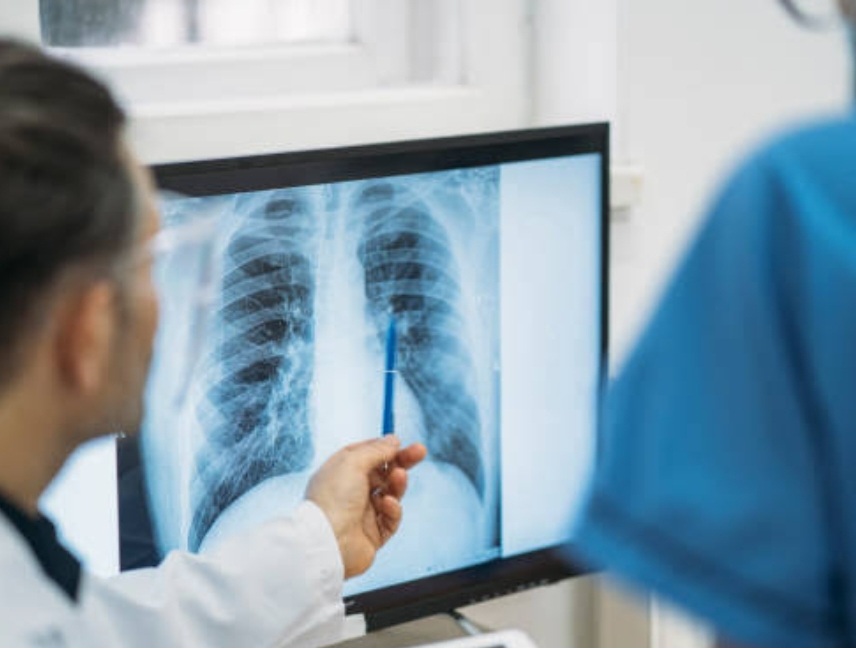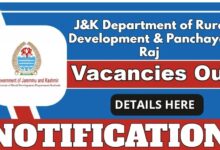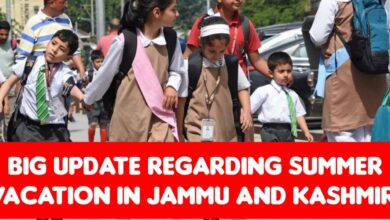Dry & Cold Spell in Kashmir surge Respiratory infections

Srinagar, Jan 17 (WD):
Extended Dry Spell in Kashmir Spurs Surge in Respiratory Cases
Kashmir has endured a prolonged dry spell over the past two months, resulting in a notable increase in respiratory infections. Doctors report a sharp rise in both Lower Respiratory Tract Infections (LRTIs) and Upper Respiratory Tract Infections (URTIs), leading to a surge in patients at hospital Outpatient Departments (OPDs).
Dr. Yusuf Nath, a Physician Specialist at Government Gousia Hospital (GGH) in Srinagar, highlights that the dry and chilly air exacerbates respiratory irritations like wheezing and coughing. He notes that cold air weakens immunity against conditions such as the flu and colds.
At GGH’s OPD, 50% of patients are impacted by the dry weather conditions, signaling an uptick in respiratory infections in Kashmir, according to Dr. Yusuf.
Elderly individuals, particularly those with Chronic Obstructive Pulmonary Disease (COPD), kidney ailments, and heart diseases, are more susceptible to respiratory illnesses. Dr. Yusuf advises them to avoid early morning outings and to venture out only in emergencies, with adequate clothing.
A senior resident doctor at Shri Maharaja Hari Singh (SMHS) Hospital states that 60% of patients at the valley’s major referral hospital have lung infections, mainly due to exposure to the dry cold weather.
The doctor suggests that acute respiratory illnesses are prevalent among patients at SMHS, largely arising from exposure to the dry cold weather. Elderly individuals with underlying health conditions constitute the majority of URTI and LRTI patients.
To prevent respiratory tract infections, especially for those spending a lot of time indoors, the doctor recommends the use of face masks.
Pulmonologist Dr. Naveed Nazir Shah, Head of Department at Chest Diseases Hospital Srinagar, notes a significant rise in respiratory tract infections due to weakened immunity caused by low air humidity.
Dr. Naveed advises seeking medical attention before winter arrives, especially for those with existing medical disorders. He emphasizes isolating infected family members for at least five days to prevent further spread.
Elderly individuals with COPD or chronic bronchitis are cautioned against exposure to cold air, and Dr. Naveed recommends drinking plenty of lukewarm water to counteract the effects of low humidity. Flu vaccination is also advocated for respiratory well-being.
Health professionals urge against self-medication, emphasizing the importance of consulting a doctor at the first signs of a respiratory tract infection. Proper fluid intake is recommended to counteract the negative effects of the dry weather.
The doctors emphasize the consequences of self-medication, warning against antibiotic use without professional advice, as it not only worsens the issue but also weakens the immune system in the long run.





